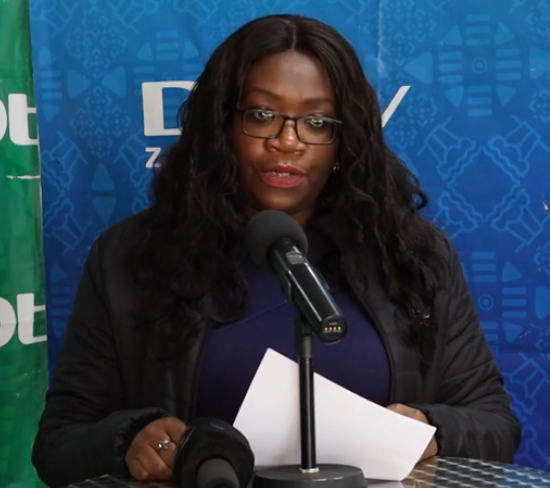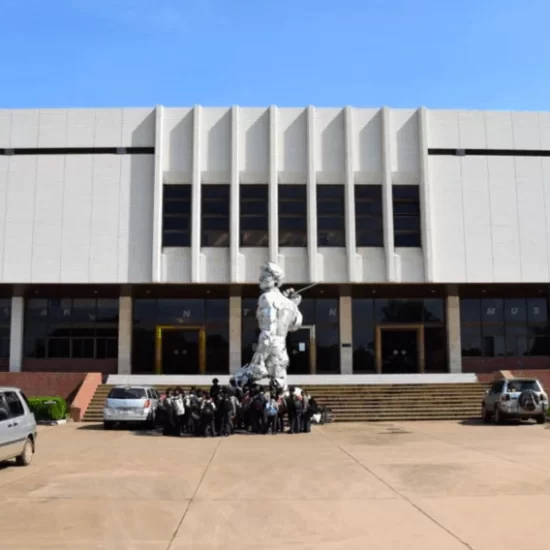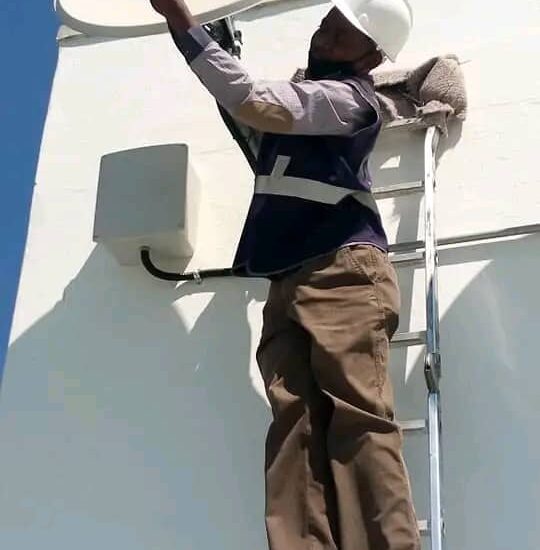It has emerged that the savings from buying fertilizer produced locally by Government may not be that much as the final price agreed falls short of the huge savings that had been earlier anticipated.
Government through the Ministry of Agriculture has disclosed that the two contracted companies will supply D-Compound Fertilizer under the Farmer Input Support Programme – FISP for 2023/2024 farming season at USD 880 per ton.
In September 2021, UCF had told the Zambian Business Times that “the Wonderful group would build a large fertilizer plant that will cut the importation of fertilizer for Zambia by about 60% and reduce the cost of fertilizer by about 40% due to use of local raw materials and economies of scale”. See link… https://zambianbusinesstimes.com/new-300m-fertilizer-plant-to-cut-prices-by-40/
Two firms, United Capital Fertilizer – UCF & Nitrogen Chemicals of Zambia – NCZ are to supply D compound Fertilizer at the price of $880 per ton.
The Ministry of Agriculture has disclosed that UCF and NCZ have been contracted through direct bidding for the supply, delivery, warehousing and distribution of 120,380.25 metric tons of compound D fertilizer for the 2023/2024 farming season.
Speaking in an exclusive interview with ZBT – Ministry of Agriculture Permanent Secretary (PS) Green Mbozi, when asked if it is now cheaper to locally source the compound D fertiliser compared to a time when it was being imported, the PS said, “it is very difficult to tell because we don’t just look at the price on a one on one basis, we look at other factors. When you are producing locally you also create jobs and other businesses benefit as suppliers, so those are the things we look at, the one to one price comparison is just one of the issues.
“The periods and conditions are different and the time we were landing fertilizer a bit cheaper and what has happened is that prices now have come down in dollar terms but because of other fundamentals such as the inflation exchange rate, the prices in Kwacha terms have not come down but all in all we can say it is beneficial to have our fertilizer produced locally because of the jobs that are created.” He said.
When further told that ZBT had received concerns that the contract was in US dollars which would defeat the benefits of local sourcing and forex saving, Mboozi said, “I think normally that is an issue you can discuss with treasury, I think the suppliers want to protect themselves against fluctuations exchange rates. The payments will be made in Kwacha, it’s just that we have pegged the contract pricing in dollar but the payment will be in kwacha at the exchange rate that will be prevailing at the time of payment.”
On measures that his ministry has taken to ensure that no sub-standard fertilizer is distributed, Mboozi assured the nation that the fertilizer has good quality which has been approved by Mount Makulu, UNZA and other private institutions which have tested the fertilizer.
On the total fertilizer bill for the 2023/2024, the PS stated that they have not yet concluded the procurement for the top dressing Urea, so “once we do that by mid-July we should be able to tell”.
NCZ has been contracted to supply over 43,292 metric tonnes while United Capital Fertiliser is earmarked to supply over 77,087 metric tonnes of ” D” Compound Fertiliser for the 2023/2024 farming season.






